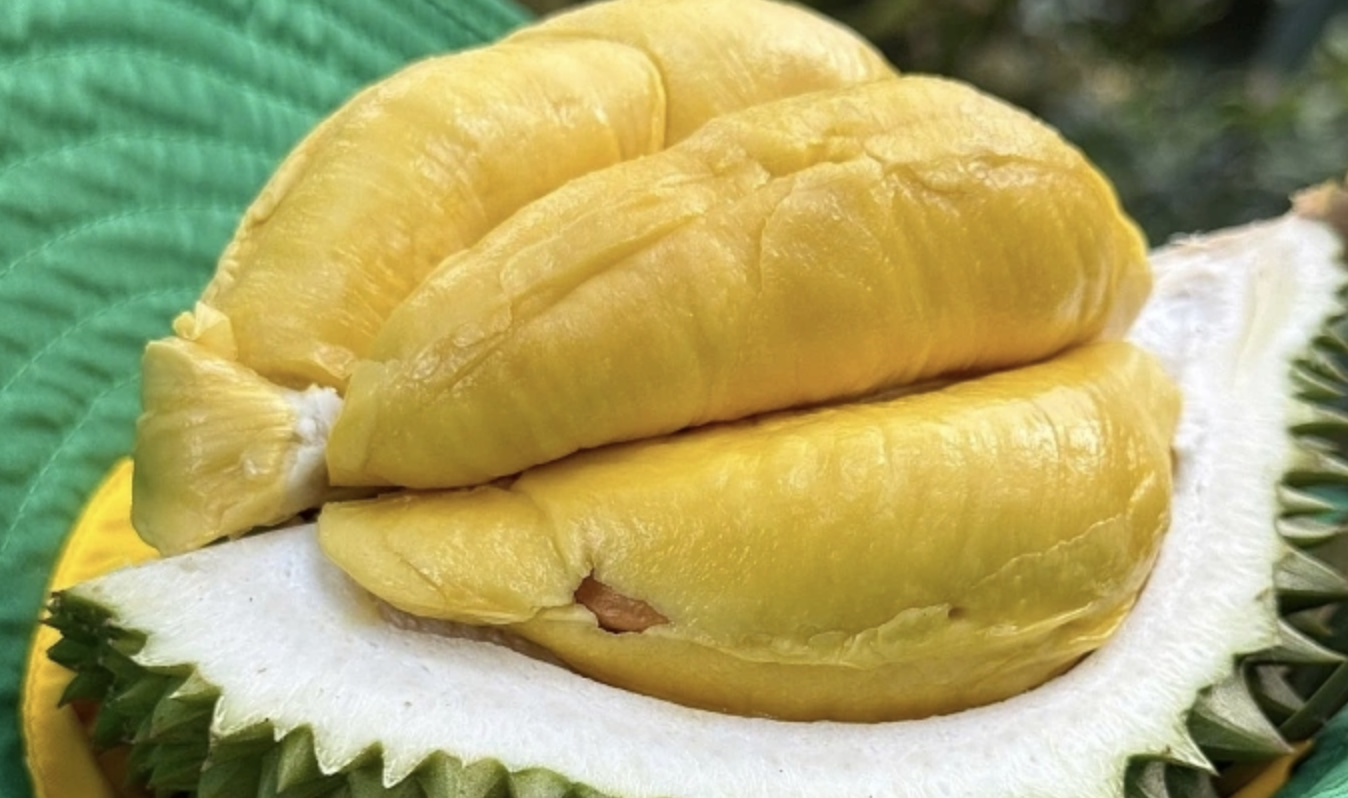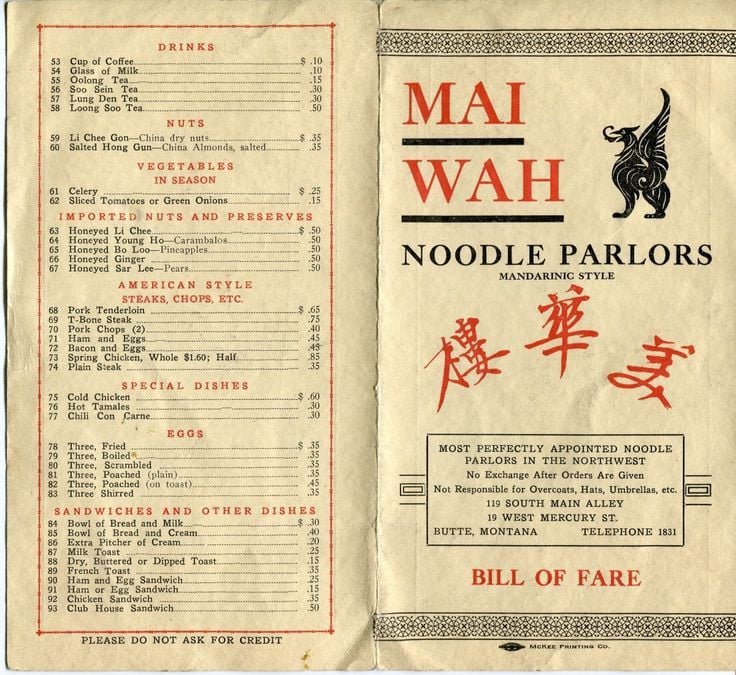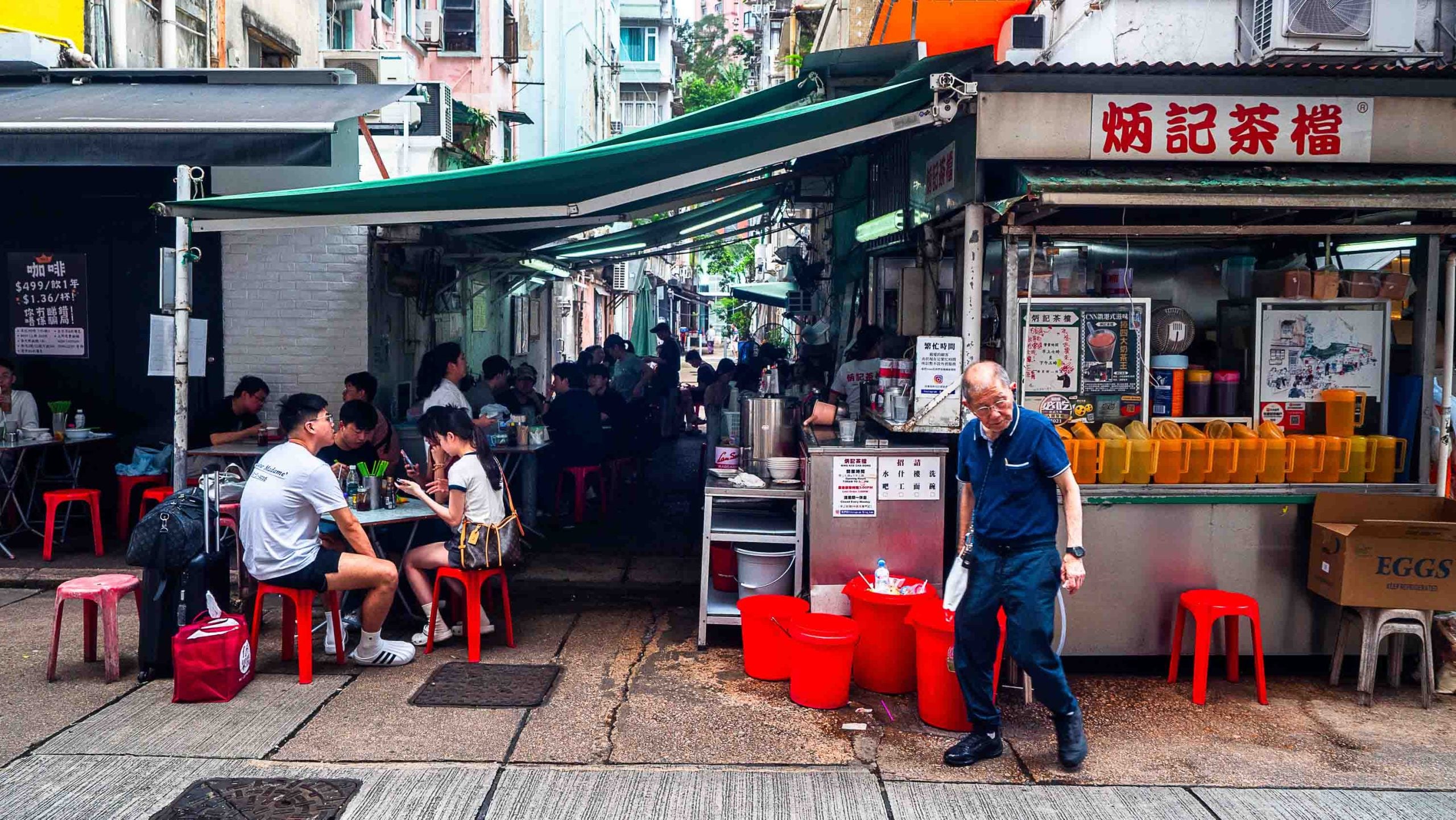Chinese Takeout is a bite-sized, monthly RADII feature that examines Chinese food from the inside out, by disentangling the (hi)stories behind a single dish or restaurant. Write to us if you have a suggestion or submission.
While it may be less famous than Beijing duck (often referred to as “Peking duck”), Nanjing has its own culinary tradition for this feathered friend that can’t be found elsewhere in China — at least not in its original form.
In Nanjing, one of China’s former capitals, duck is a daily indulgence. Whether it be salted, steamed, or served in a soup or pancake, no meal to a Nanjinger is complete without duck. (In fact, some locals argue that Nanjing’s duck dishes are actually better than their Beijing counterparts.) And while it’s not uncommon to see salted duck hanging in shop windows, no dish captures the diehard enthusiasm Nanjingers have for the fowl as well as duck blood soup.
The Place
While the name might sound like something from a horror movie, duck blood soup is considered a local delicacy, and you won’t have difficulty finding a restaurant in Nanjing that specializes in it. One such establishment, Qinya Snack Shop (秦涯小吃城) is popular owing in part to its location in the city’s Confucius Temple area.
Qinya owner Wang Rui says that while the current restaurant only opened in 2001, there was an earlier eatery on the same site dating to at least the ’70s believed to have been serving duck blood soup, though perhaps on a smaller scale. Locals and visitors alike can rest and sample some authentic local food while watching the boats drift by on a quiet evening on Nanjing’s nearby Qinhuai River.

The area surrounding the restaurant is a well-known tourist hotspot, with an array of shops selling souvenirs, silk and tea. But perhaps more enticing is the indoor food markets that serve shredded tofu, potato pancake, and colorful, jelly-like desserts, which this neighborhood can claim to have originated. Here in the oldest part of the city, restaurants have cropped up around the Qinhuai district with set menus of as many as 14 different small, but well-known local dishes known as “Jinling snacks,” among which you are guaranteed to be served a piping hot dish of duck blood soup.
The History
There are several steps needed to prepare duck the “Nanjing way,” regardless of the recipe. The wings and feet of the duck are removed, together with any parts deemed unnecessary like the oesophagus, and later soaked in water for cleaning and draining. Spices and recipes vary in taste and extremity, with some families keeping them a closely guarded secret.
While the history of salted duck in Nanjing has a history spanning over a thousand years — reaching the height of popularity in the Ming Dynasty (1368-1644) — the origins of duck blood soup appear to be more elusive.

Local folklore holds that the dish was created entirely by accident; a poor man in Nanjing is said to have killed a duck and used a bowl to hold the duck’s blood, but accidentally dropped some vermicelli — a type of thin glass noodle — in along with it. After boiling them together with tofu, he made the soup that would one day become a Nanjing delicacy.
It is believed by food historians that the lack of supply of chickens, together with the city’s long history of raising ducks, possibly as far back as 20,000 years ago, may also explain the rise in popularity of duck dishes in Nanjing.
The Food
Duck is by no means an unfamiliar ingredient to non-Chinese eaters, though serving the blood of a duck may well turn a few heads at the dinner table. Perhaps the nearest equivalent for British diners is black pudding, which comprises of pork blood, pork fat and oats, congealed and cut into circular discs.

Nanjing’s blood dish comparatively lacks this solid texture of black pudding, but is rather more like that of tofu with a pudding-like soft texture. The cubes are made by collecting the blood of a freshly killed duck, sealing in a container, and refrigerating it until ready. The blood cakes are then simmered gently for a few minutes with vermicelli and boiled vegetables, and seasoned with spices, salt and pepper.
This dish is traditionally enjoyed in autumn, because ducks at this time of year are fat, and is often paired with osmanthus blossom, which is also popular that same season. And indeed, the best season to visit Nanjing is autumn, when the temperature is comfortable and a bite of Nanjing duck can be enjoyed along with a short walk by the Qinhuai River, allowing you to get a taste of the city’s storied history in more ways than one.


















